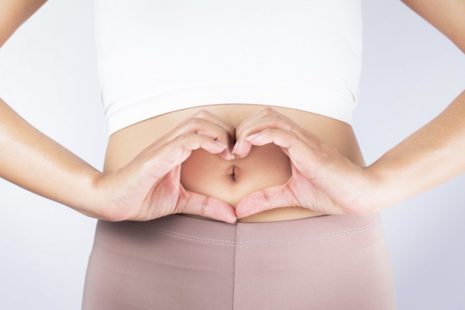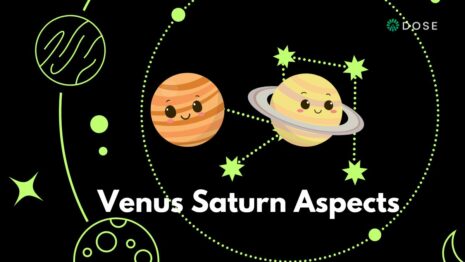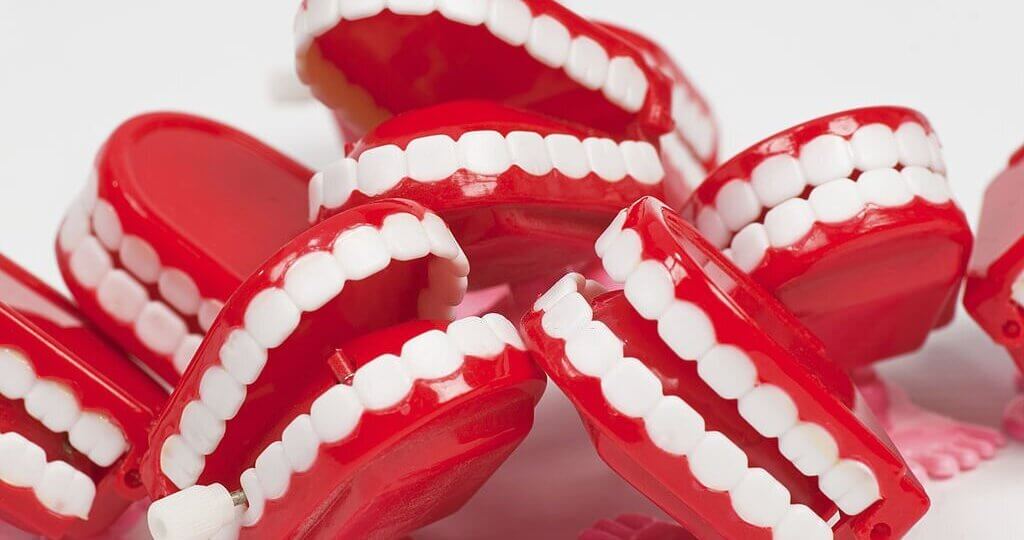We all hear about things that can affect fertility – laptops on your lap, pollutants and so on. But there’s lots of noise out there, and to cut through it, we’ve turned to the experts for sensible advice on 10 things that actually affect fertility…
Shabir Daya, pharmacist and co-founder of Victoria Health lists the 10 below issues
1. Excess weight
Excess weight can affect hormone production making it more difficult to get pregnant because the hormonal imbalances can affect ovulation. In fact obesity is linked to female hormonal concerns such as PCOS, a common cause of infertility or low fertility. For men, the same applies – having a healthy weight will increase chances of conception because healthy hormone levels mean healthy sperm production.
2. Being too thin
This can also affect your hormones causing a shut down in ovulation. Women with low body mass index are deficient in the hormone leptin which controls the feelings of hunger and satiety. Low leptin can result in absence of menstrual periods.
3 Lack of exercise
Lack of exercise is a very important factor. Exercise increases blood flow to all the organs removing stagnant waste, encourages hormone production, supplies vital nutrients to all organs etc – exercise maintains optimum internal system for conceiving and maintaining a healthy pregnancy. Lack of exercise may result in unhealthy eggs and/or irregular menstrual cycles. Maintain a regular exercise schedule.
4. Stress
Stress can affect the chances of conceiving because cortisol, the stress hormone, has an impact on numerous processes within the body. Remember that all glands communicate with each other using hormones as chemical messengers and an imbalance of hormones in one gland can have an impact on all other hormonal glands; for example excess stress causes the adrenals to over-produce cortisol which can then affect the ovaries and result in irregular menstrual cycles
5. Poor diet
A lack of nutrients within one’s diet can reduce the chances of conceiving. A lack of nutrients within one’s diet may affect maturation of egg, morphology of sperm etc.
6. Smoking
Aside from damaging DNA, smoking can disrupt the hormonal system within the body. Even moderate smoking and passive smoking may experience significant fertility issues. Smoking for men can affect the quality of the sperm and for women may affect the functions of the ovaries.
7. Genetics
Women are born with a certain amount of eggs – some women will have a higher count whilst others genetically will have a lower number. Your genes can also have an influence on whether you use those eggs faster than the average woman
8. Household chemicals
Household chemicals such as phthalates found in personal care items and beauty products, pollutants, pesticides and industrial chemicals may also play havoc with our hormonal systems within the body.
9. Alcohol
There is no evidence that a few drinks a week will affect fertility however excessive alcohol more than one drink a day has been linked to increased risk of ovulation disorders.
10. Certain medical conditions
PCOS, endometriosis and uterine fibroids may affect the chances of conceiving or carrying the pregnancy to term – these are all generally associated with oestrogen dominance and/or progesterone insufficiency. Those with autoimmune disorders such as lupus or rheumatoid arthritis may also have a problem since the body may attack the fertilised egg or the partner’s sperm. Thyroid disease may also decrease the chances the getting pregnant; those with undiagnosed subclinical hypothyroidism (where you may have subtle low grade thyroid function that often does not cause major symptoms) may result in infertility since even small changes in thyroid hormone levels can disrupt ovulation.
Katie Brindle, founder of Hayo’u Method, looks at the issue from a Chinese medicine perspective.
“Fertility problems can stem from several different issues. Kidney deficiency is often one of the most common factors for infertility – and one of the easiest to rectify.
In Chinese culture, the kidneys are often called the ‘Root of Life’, and people are careful to look after them. The kidneys have many functions in Chinese medicine including responsibility for your ageing, fertility, bones, libido, hearing, hair, willpower and wisdom. The kidney is known as the ‘Minister of Power’ and is regarded as the body’s most important reservoir of essential energy, or jing. It manages your ‘constitutional health’ – what keeps you going when you skipped breakfast or had a dreadful night’s sleep.
In Chinese wisdom, looking after your kidneys is key for good health. They are depleted by the cold – low slung trousers, not wearing a vest and particularly cold weather, for example. Impaired fertility is a sign of kidney imbalance. Others include: dizziness, tinnitus, vertigo, poor memory, deafness, night sweats, a sore back, ache in bones, urine issues, fear, weak knees and sexual issues.
To build your kidney energy back up, learn to do nothing. Try to find time just to be still, to rest. Get enough sleep, maybe have short naps in the afternoon. Meditation is the single best thing you can to do support your kidneys other than good sleep. Start with something simple like the Rescue Breath.
Incorporate as much miso soup, seaweed and bone broth as you can into your diet. Make sure you are drinking enough water and avoid excess salt. Practice the general Hayo’u Method, especially the swimming dragon and lifting the sky exercises. Practice the healing sound for your kidneys.” (See Hayo’U YouTube for how-tos)
Lots to take in – but actually, the vast majority is correlated to good health as much as good fertility.
Get your weekly DOSE fix here: SIGN UP FOR OUR NEWSLETTER
Related Posts:
- What It's Actually Like Living With PCOS (Polycystic…
- Can You Have a Period Without Bleeding?
- What I Learnt From My At Home Women's Health Thriva Test
- How to increase your chances of getting pregnant - 5…
- Astrology For Beginners: Unlocking The Power Of Your…
- Natural Tips to Release/Boost Dopamine Instantly

















One Response